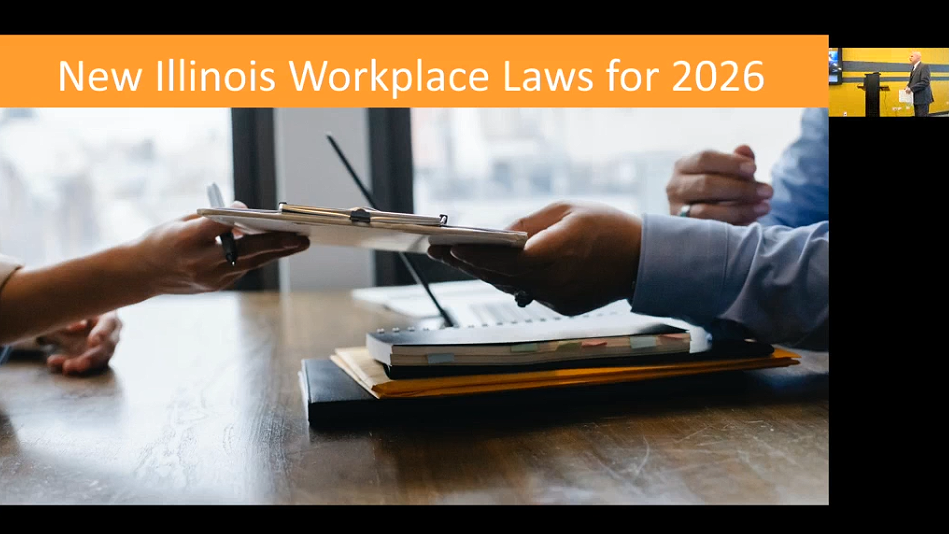Tim’s Tax News on the Tenth – August 2025
One Big Beautiful Bill

On August 7, 2025, the IRS announced that, as part of its phased implementation of the July 4th One Big Beautiful Bill Act (“OBBBA”), there will be no changes to certain information returns or withholding tables for tax year 2025 related to the new law. In the press release, the IRS outlined key points for tax year 2025 relating to the OBBBA provisions. Three relevant changes to tax filers effective for 2025 through 2028 are discussed below.
First, the key points for forms, withholdings, and procedures for TY 2025 relating to the OBBBA provisions are:
- All payroll returns, including Form W-2, existing Forms 1099, and Form 941, will remain unchanged for TY 2025.
- Federal income tax withholding tables will not be updated for these provisions for TY 2025.
- Employers and payroll providers should continue using current procedures for reporting and withholding.
The IRS’s intention in doing so is to avoid disruptions during the tax filing season and to give the IRS, businesses, and tax professionals time to effectively implement the necessary changes.
Second, the IRS highlighted that effective for 2025 through 2028, there are new deductions for qualified tips, qualified overtime, interest paid on qualified vehicle loans, and senior citizen deductions. Itemizing and non-itemizing employees and self-employed individuals may deduct up to $25,000 for qualified tips received in occupations listed by the IRS as customarily and regularly receiving tips. By October 2, 2025, the IRS must publish a list of occupations that “customarily and regularly” received tips on or before Dec. 31, 2024. Notably, Self-employed individuals in a Specified Service Trade or Business (SSTB) under section 199A and employees whose employer is in an SSTB are not eligible. Tip deductions phase out for taxpayers with modified adjusted gross income above $150,000 ($300,000 for joint filers). Employers and other payors must file information returns with the IRS and furnish statements to taxpayers showing certain cash tips received and the occupation of the tip recipient. The IRS will provide transition relief for tax year 2025 for taxpayers claiming the deduction and for employers and payors subject to the new reporting requirements.
Additionally, individuals who receive qualified overtime compensation may deduct the pay that exceeds their regular rate of pay required by the Fair Labor Standards Act (FLSA) and reported on a Form W-2, Form 1099, or other specified statement furnished to the individual. Single itemizing and non-itemizing taxpayers can deduct up to $12,500 ($25,000 for joint filers) for qualifying overtime. Overtime deductions phase out for taxpayers with modified adjusted gross income above $150,000 ($300,000 for joint filers). Employers and other payors are required to file information returns with the IRS (or SSA) and furnish statements to taxpayers showing the total amount of qualified overtime compensation paid during the year. Again, the IRS will provide transition relief for tax year 2025 for taxpayers claiming the deduction and for employers and payors subject to the new reporting requirements.
Also, itemizing and non-itemizing taxpayers may deduct up to $10,000 of interest paid on a loan used to purchase a qualified vehicle, provided the vehicle is purchased for personal use and meets other eligibility criteria. Lenders or other recipients of qualified interest must file information returns with the IRS and furnish statements to taxpayers showing the total amount of interest received during the tax year. Used vehicle and lease payments do not qualify for the deduction. The deduction phases out for taxpayers with modified adjusted gross income over $100,000 ($200,000 for joint filers). To qualify for the deduction, the interest must be paid on a loan that is (i) originated after December 31, 2024; (ii) used to purchase a vehicle originally used by the taxpayer; (iii) the vehicle is for personal use; and (iv) secured by a lien on the vehicle. A qualified vehicle is a car, minivan, van, SUV, pick-up truck, or motorcycle, with a gross vehicle weight rating of less than 14,000 pounds and that has undergone final assembly in the United States.
Lastly, individuals who are age 65 and older may claim an additional deduction of $6,000 ($12,000 for married couples where both spouses qualify), whether itemizing or non-itemizing. To qualify, the taxpayer must attain the age of 65 on or before the last day of the taxable year. Further, the deduction phases out for taxpayers with modified adjusted gross income over $75,000 ($150,000 for joint filers). This deduction is also available to both itemizing and non-itemizing taxpayers. The taxpayer must include their Social Security number of the qualifying individual(s) on the return and file jointly, if married, to claim the deduction.
Third, the IRS, in looking ahead to tax year 2026, has stated that they are working on new guidance and updated forms for tax year 2026. The Treasury Department and the IRS are preparing additional guidance for both reporting entities and individual taxpayers, as the IRS confirmed there will be changes to how tip and overtime pay are reported. The IRS further notes that more information will be shared in the coming months about how taxpayers can claim OBBBA-related tax benefits when they file their returns.
If you would like more details, please do not hesitate to call our office. Our office has been successful in helping taxpayers with IRS and IDOR collection problems for over 31 years. If you have a tax or debt problem, please contact me at 847-705-9698 or thughes@lavellelaw.com and find out how we can help you.
Are you receiving the Lavelle Law eNewsletter? Sign up today and receive valuable updates and perspectives on a wide range of legal issues: http://goo.gl/pjeJkm
More News & Resources
Lavelle Law News and Events











